
Large cars loaded with boxes filled with vegetables, legume, and the life stories of those who unload them start to arrive at the Finca Don Miguel farm in Curime.
They prepare everything for the green fair that the Guanacaste Organic Agriculture Association organizes once a month. It’s made up of 40 members, all with the same purpose: To show that you can grow organically in Guanacaste.
In the dry, tropical soil it’s common to find grains, sugarcane and fruit, mainly melon. Agrochemicals help fruits grown bigger and stronger in the middle of the dryness. That way, less crops are lost.
But, the families that come to Finca Don Miguel find that the advantages of fumigating aren’t enough when compared to the damages that they have provoked in their lives.
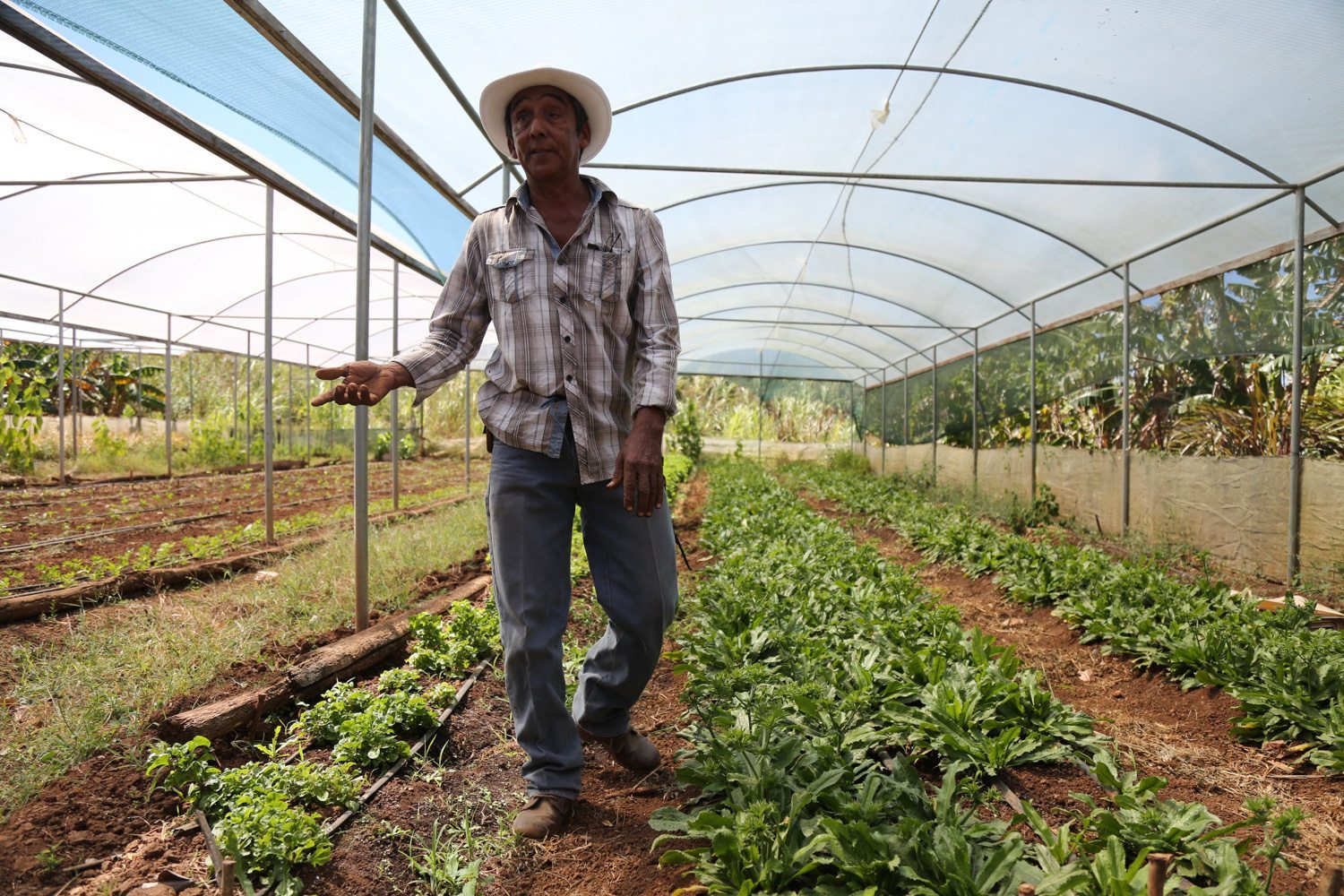
Miss Teresa Ramos brings her coffee from her farm in La Esperanza, a town at the crest of Diriá between Santa Cruz and Nicoya where the bus only stops once a day, three times per week. She considered producing organic after she almost lost Nelly, her only daughter, who got sick at age five with a treated coffee leaf.
Mr. Miguel puts a bundle of onions on the steelyard balance. He knows they could be a lot bigger but he quit using chemicals when his wife died of stomach cancer. On a corner, Miss Francia, a resident of Vigía and organic farmer, helps Mr. Miguel sell his products while she orders hers with her hands stained yellow from working with turmeric.
Miss Francia, Miss Teresa and Mr. Miguel work the land, cultivating the healthiest products possible because the know the consequences of consuming agrochemicals.
They have an advantage over the rest of the country when it comes to the agrofood business. They know each other. They are neighbors, friends and they don’t wish harm on anyone. “Before, people never thought of tossing chemicals into the river because their neighbor was their friend,” says Irene Burgués, the association’s attorney.
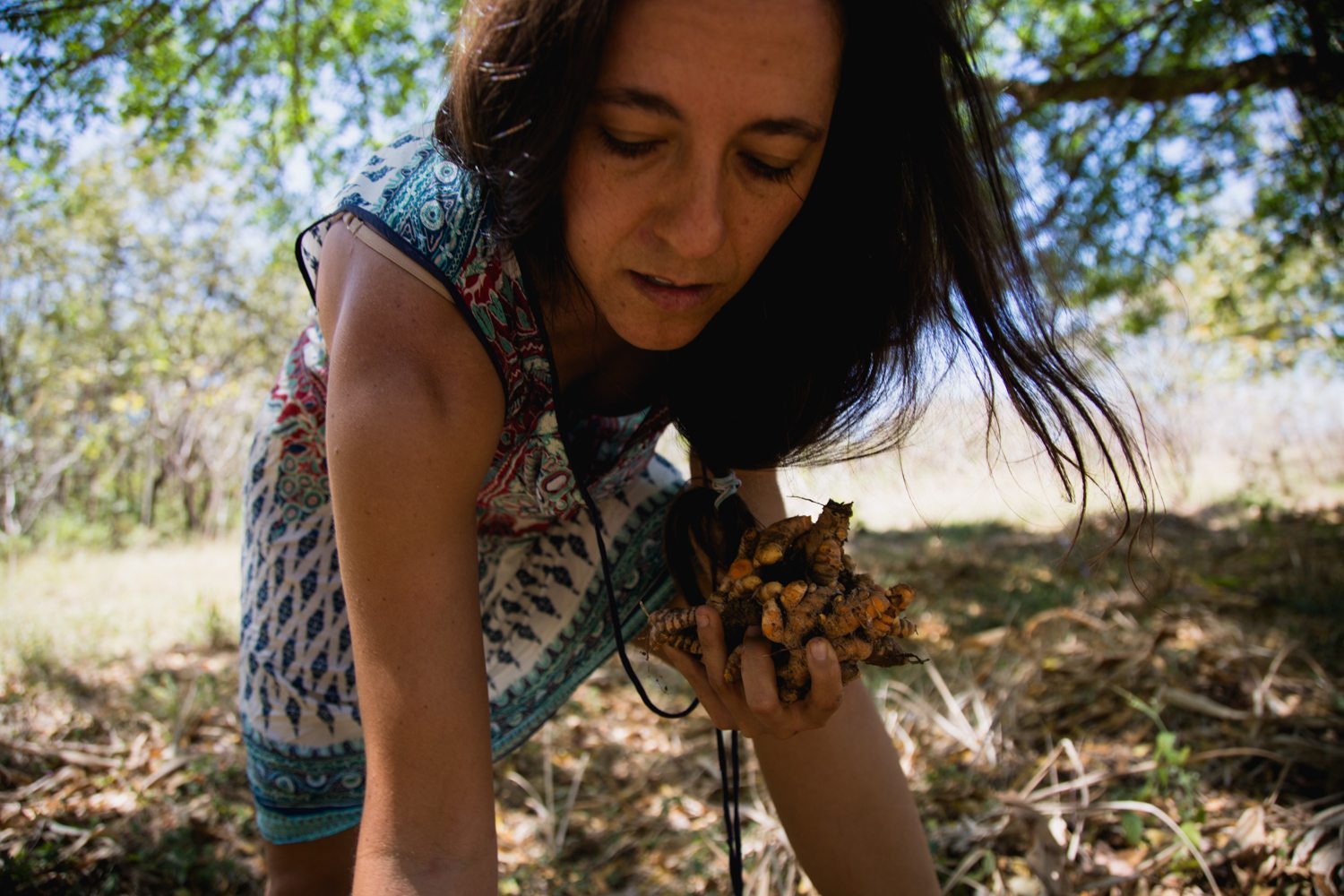
These reasons help them face a changing climate, production and market shortages and fight against the aggressive conditions that their crops endure. Resistance defines them.
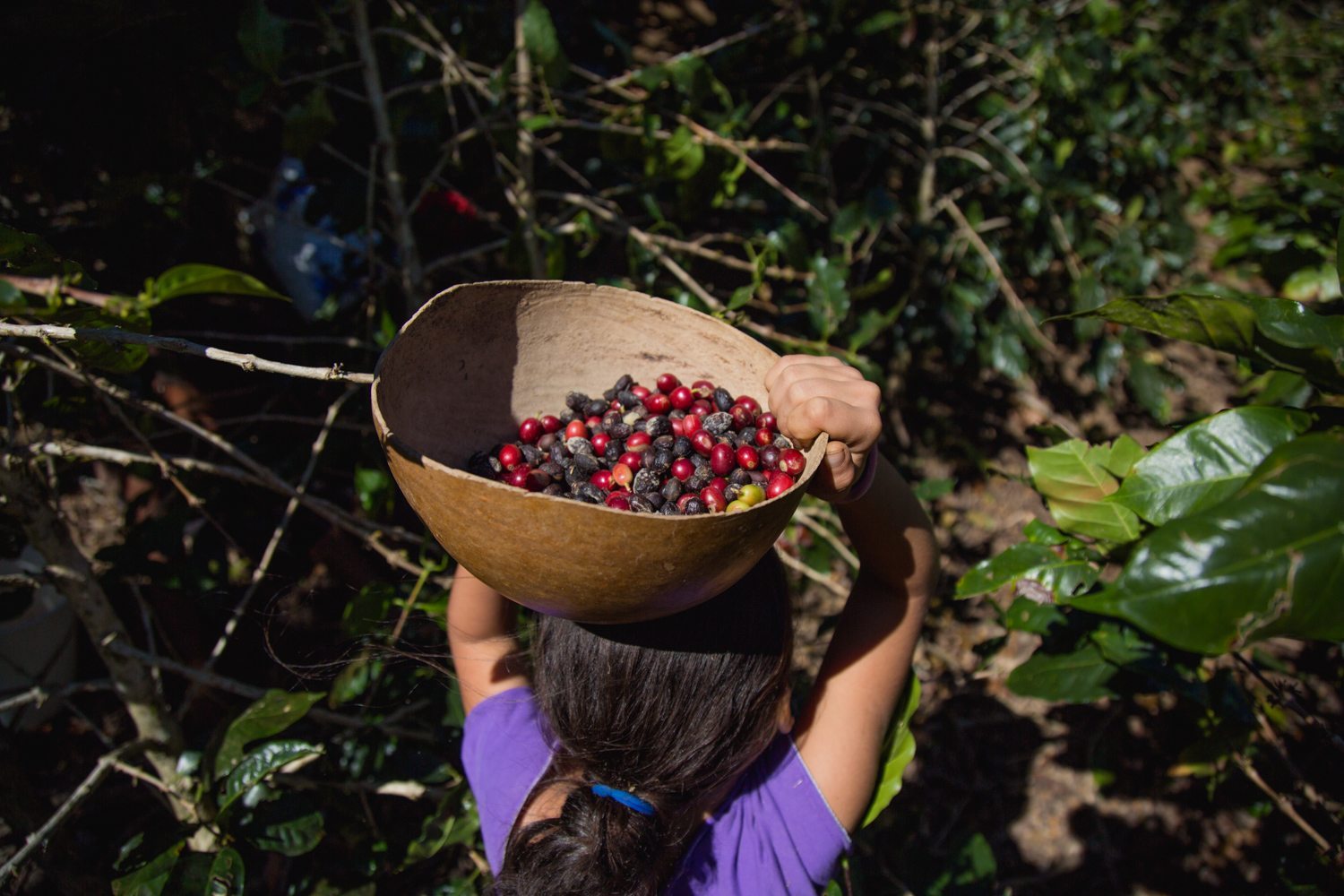
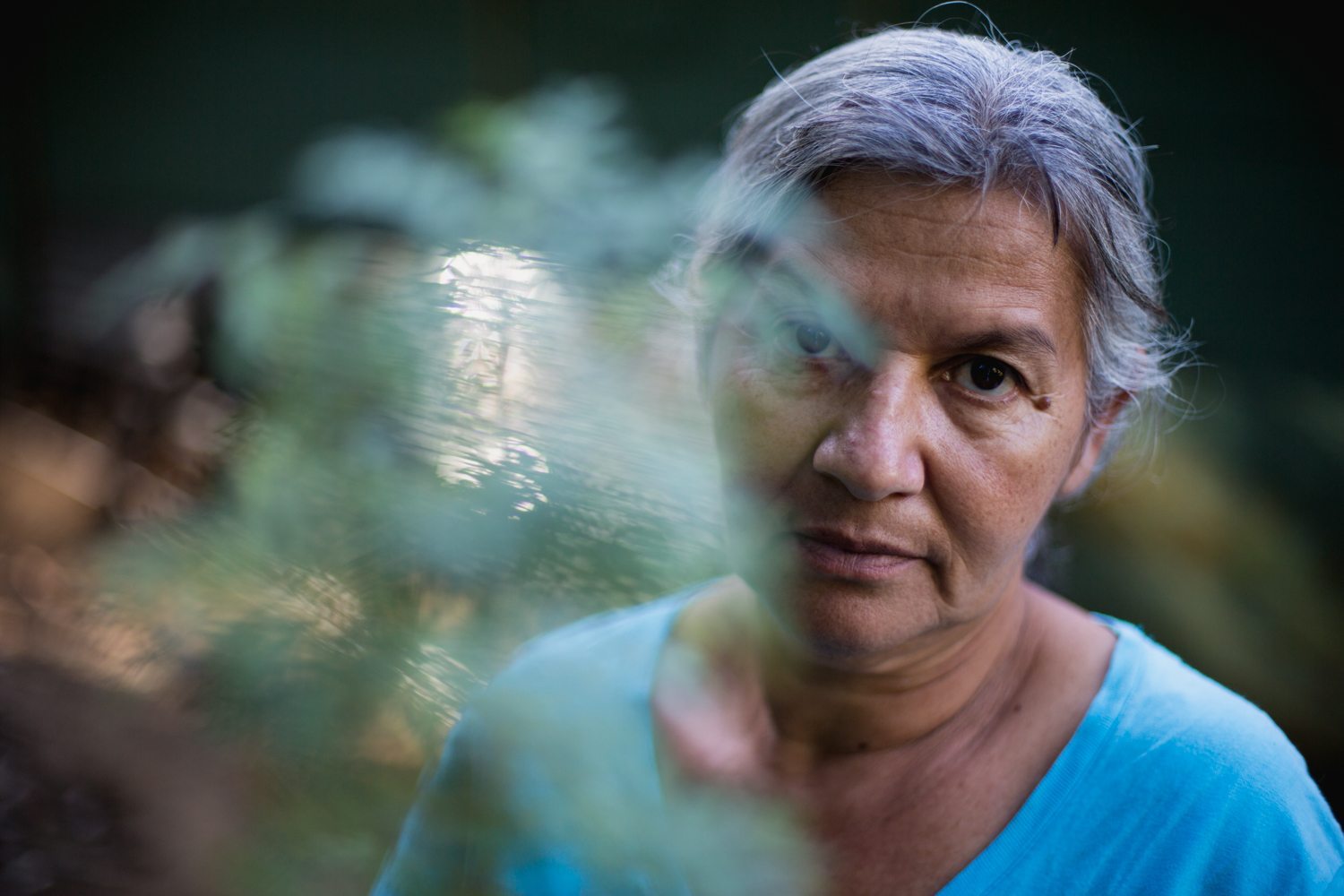
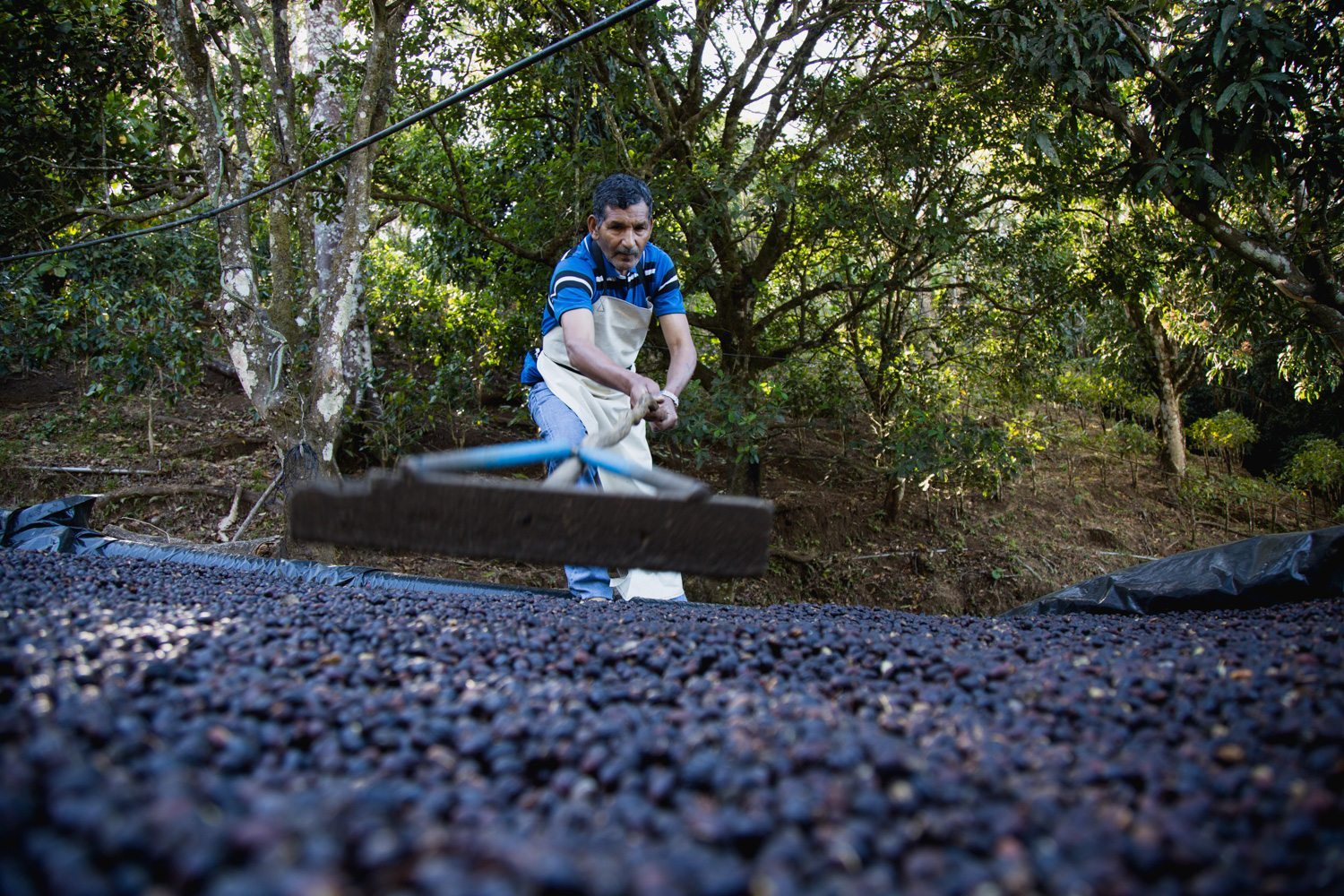
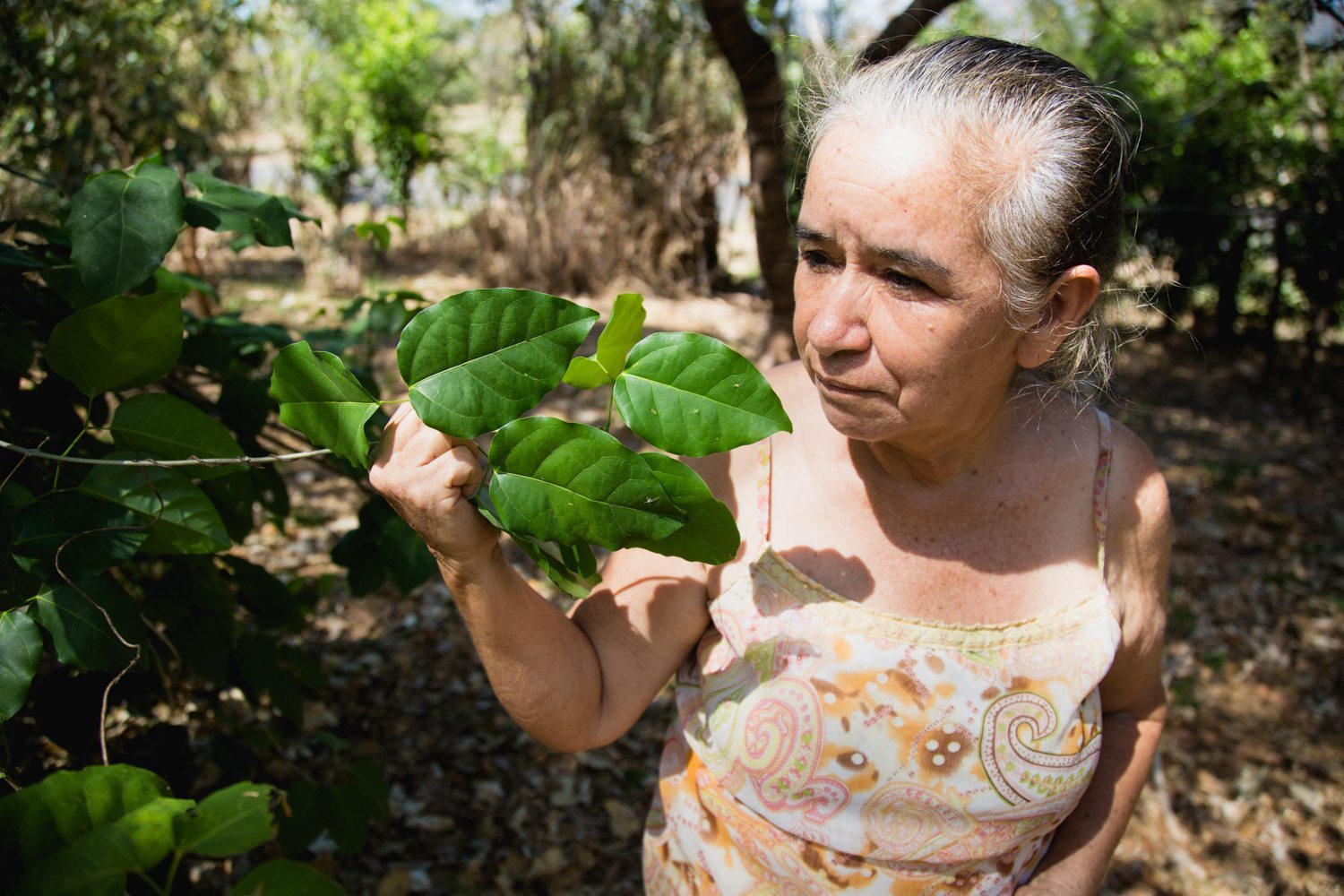
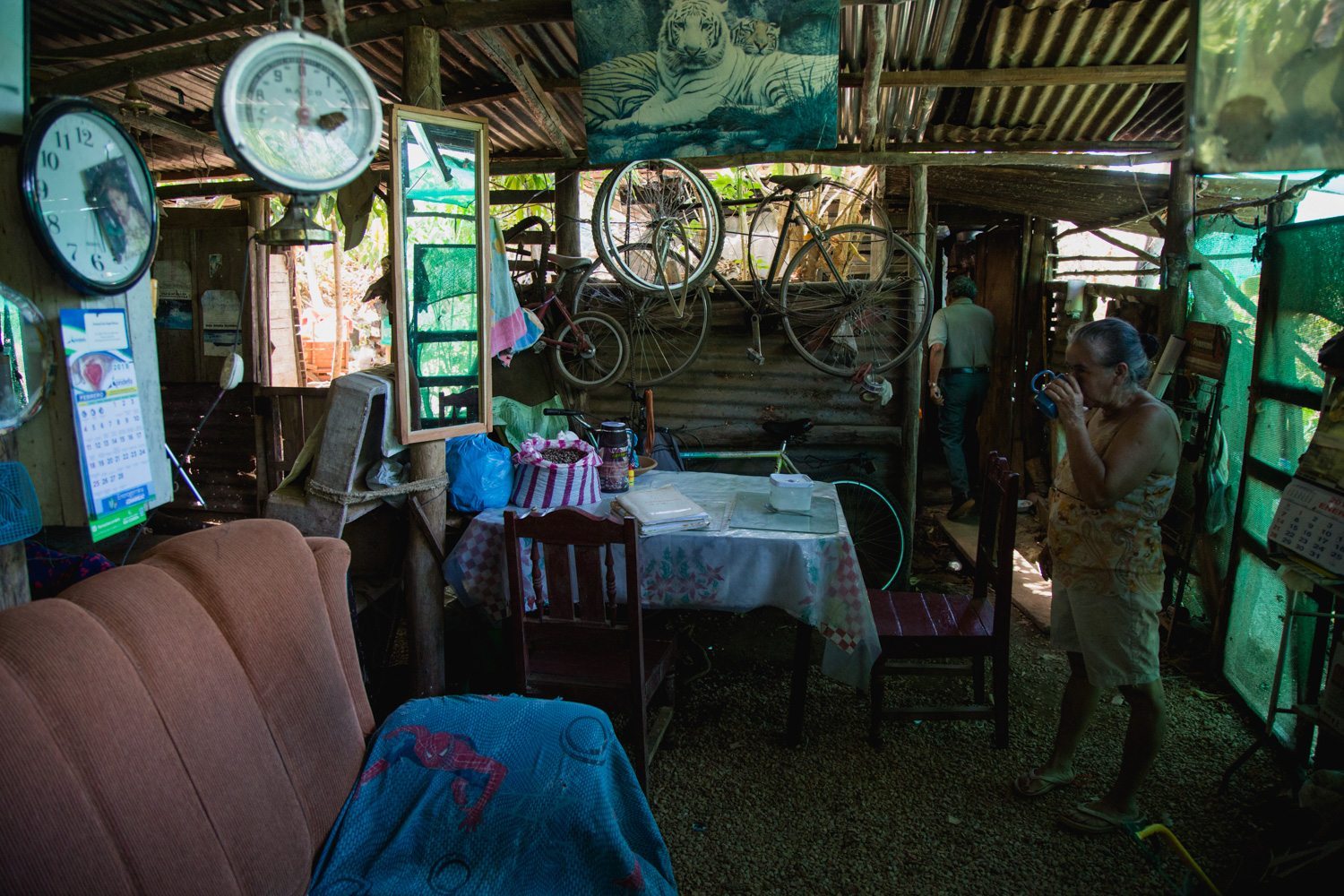
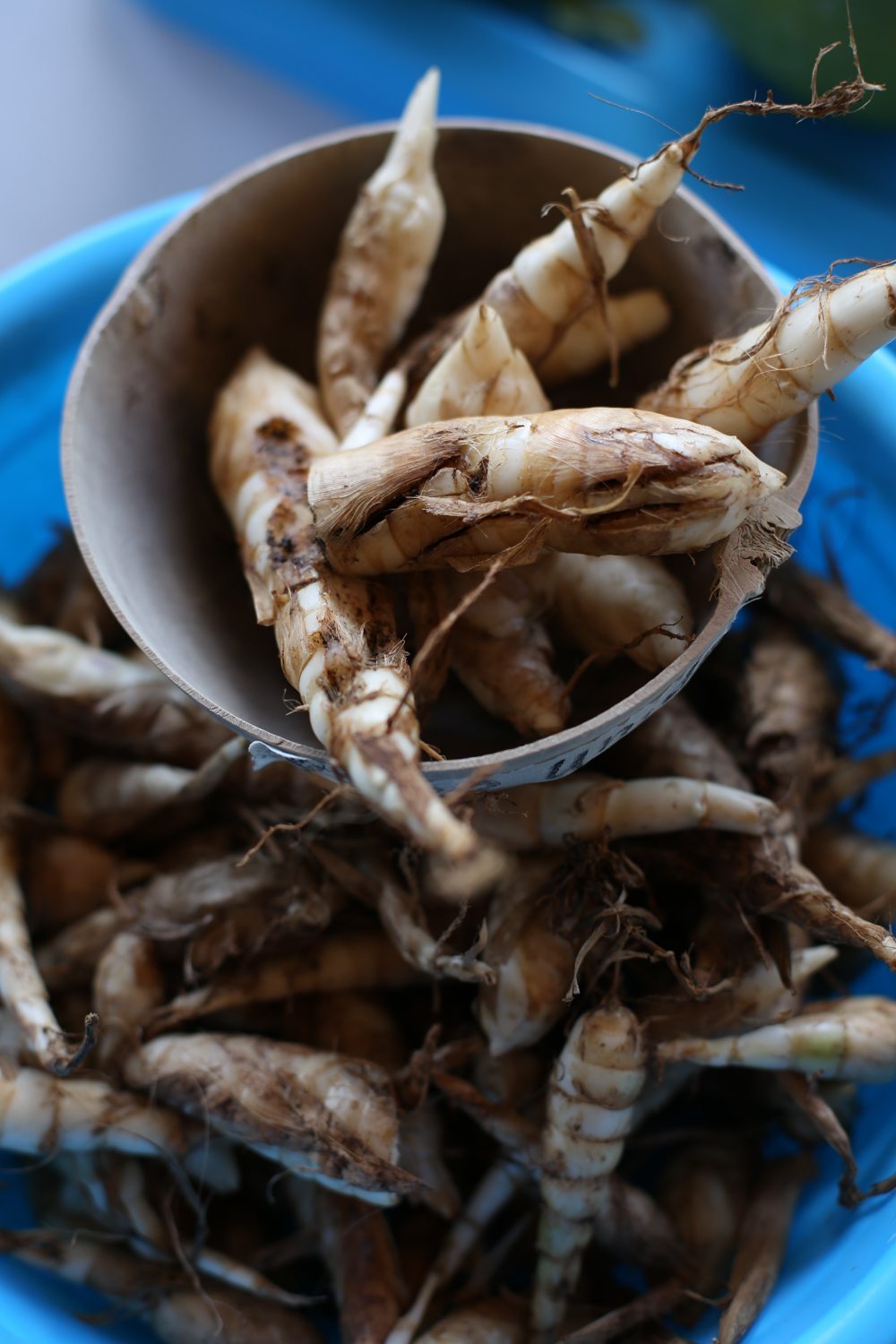
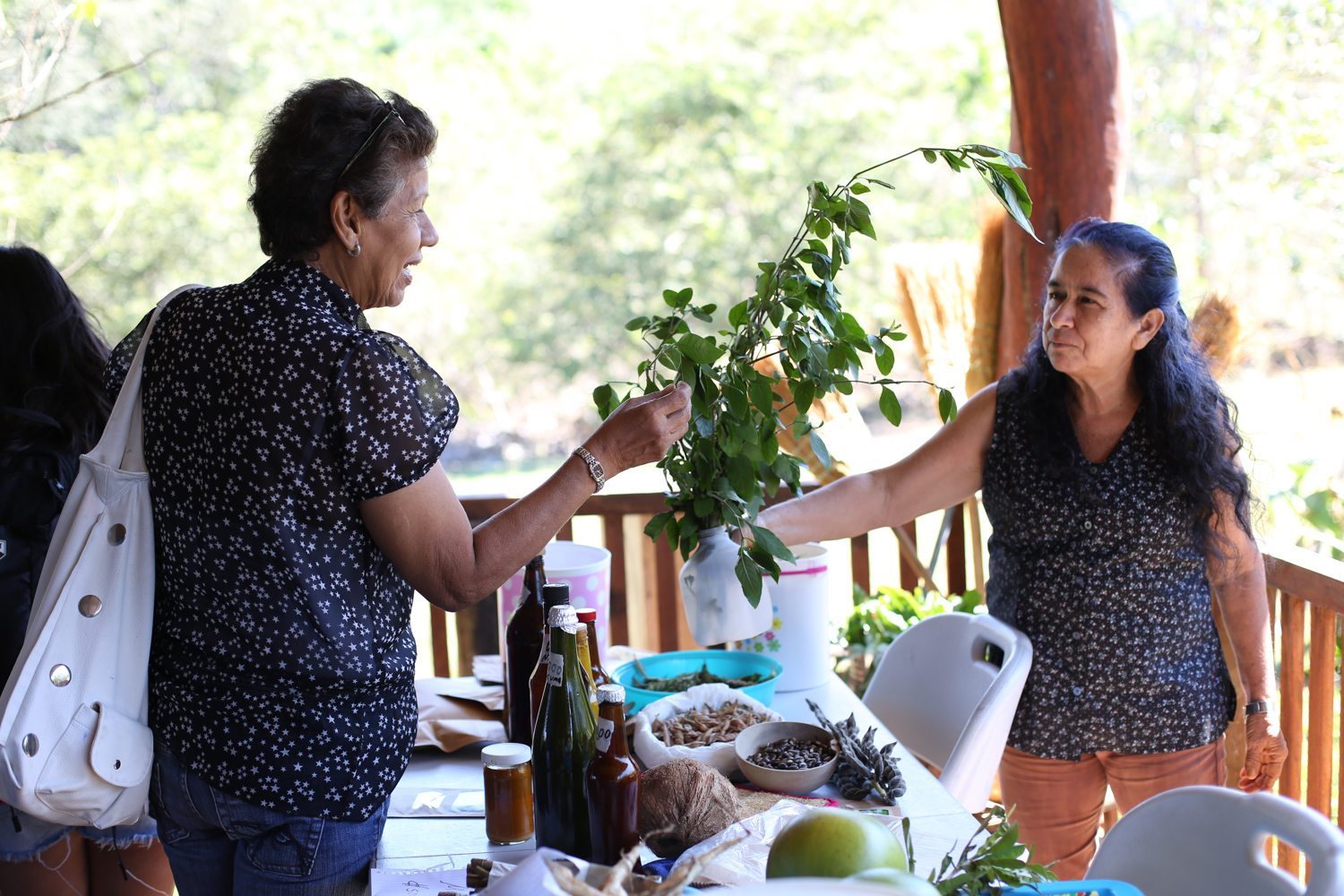


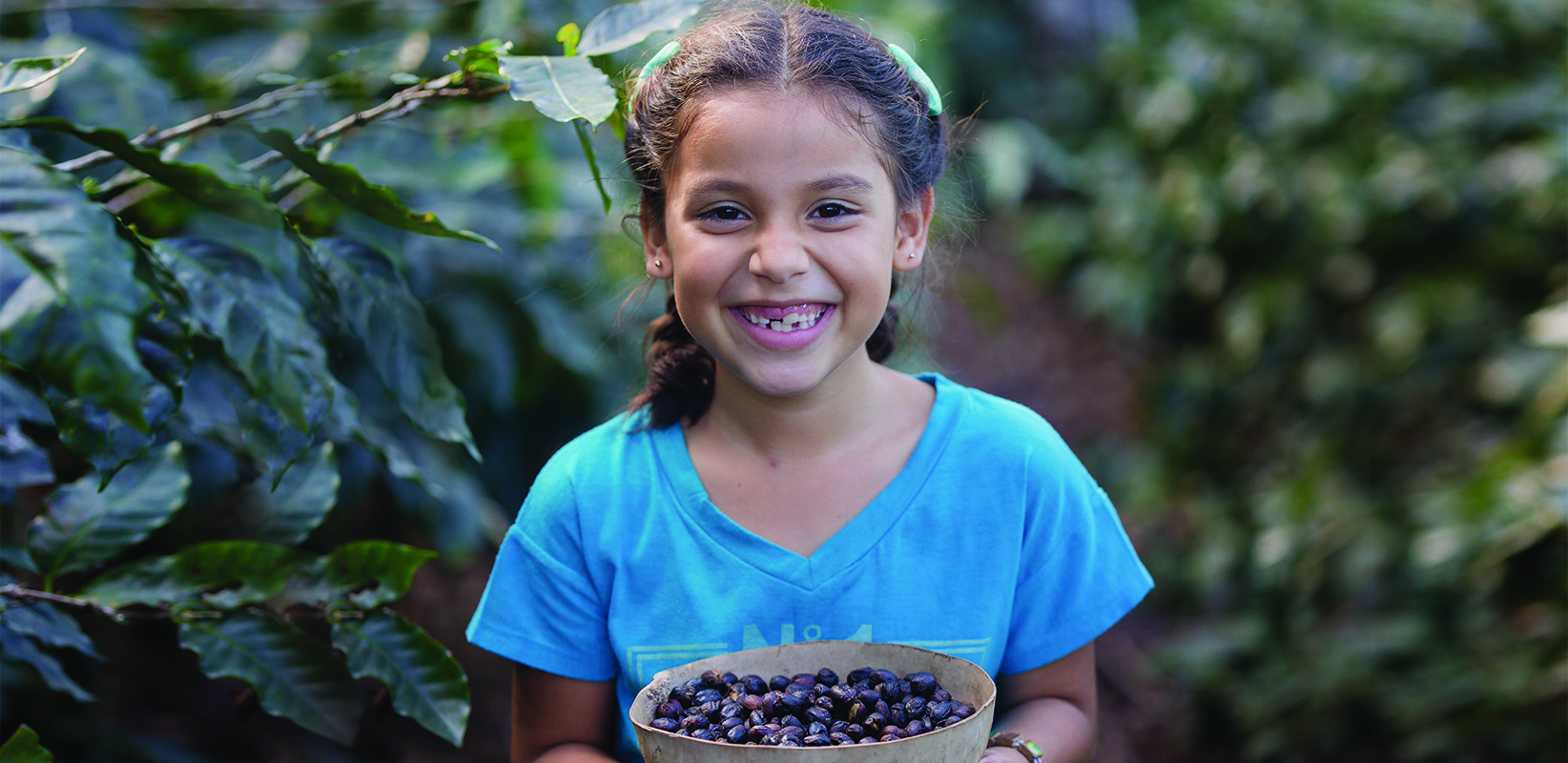
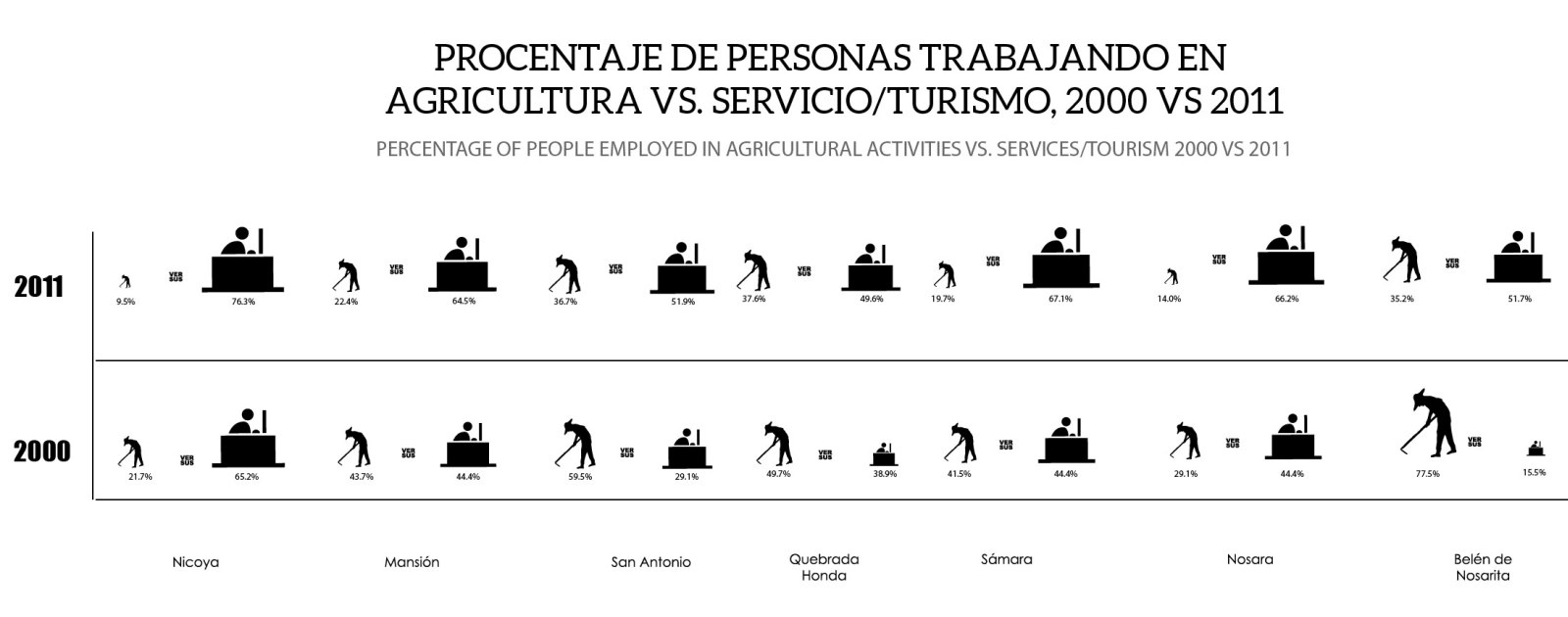
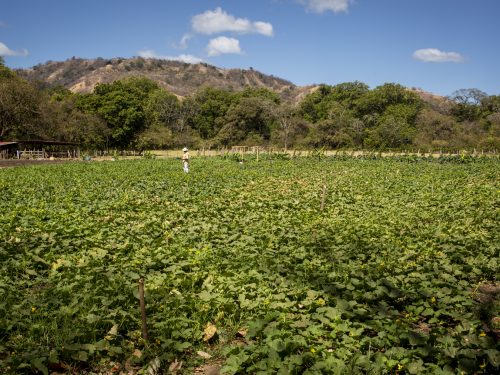
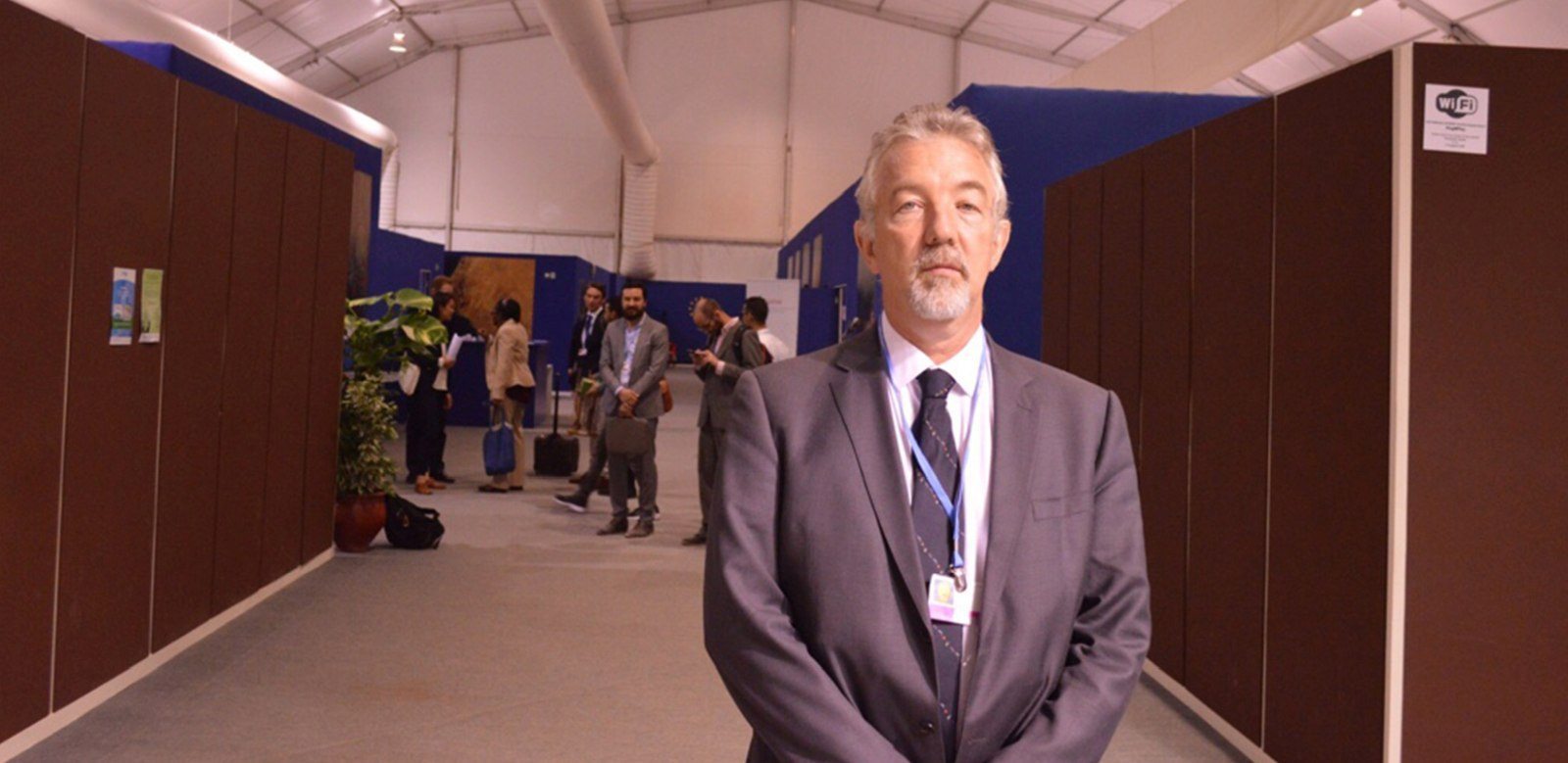

Comments